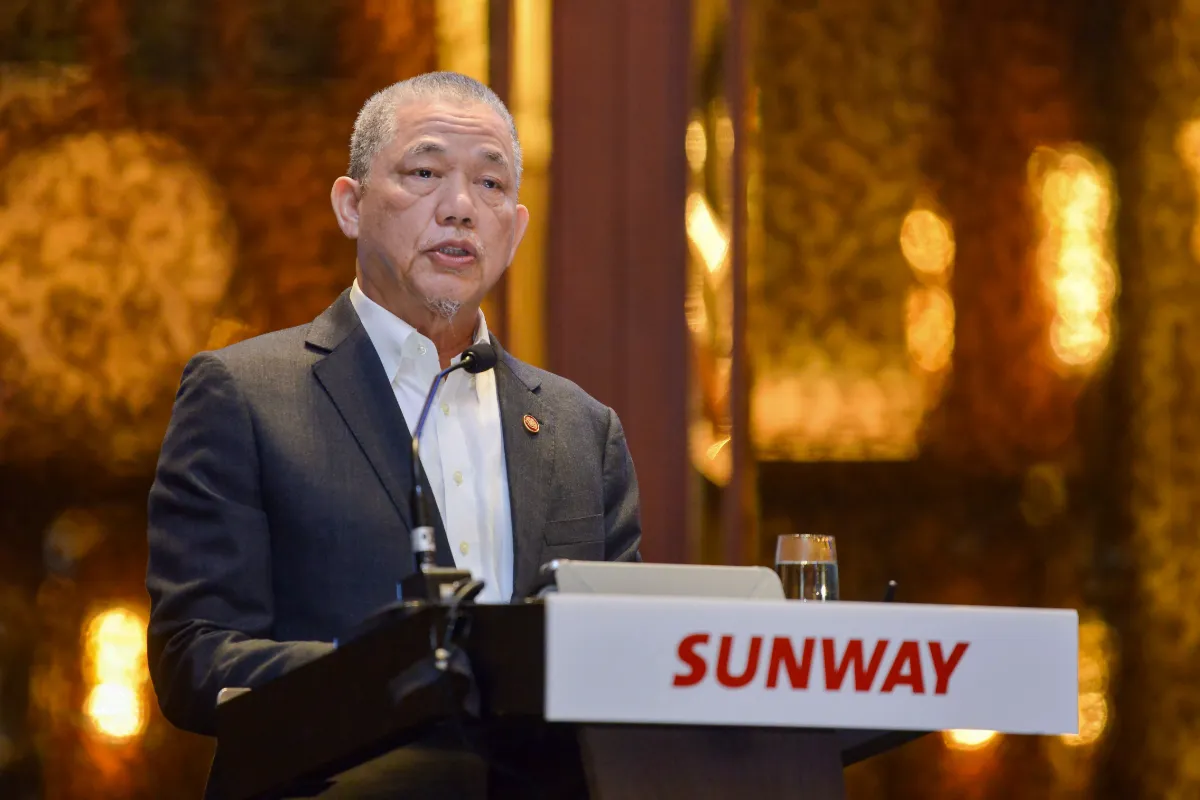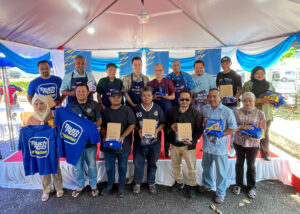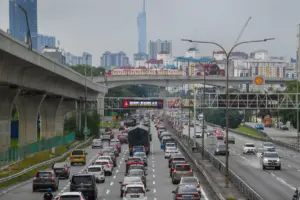PETALING JAYA: Public trust is central to Malaysia’s nuclear ambitions, said Deputy Prime Minister Datuk Fadillah Yusof amid the government’s move in building institutional readiness for nuclear development.
Fadillah, who is also the Energy Transition and Water Transformation Minister, said any decision on adopting nuclear power will be made “with utmost care, grounded in evidence, public engagement, and international best practices”.
“When citizens understand the science, safeguards and benefits, they become active partners in Malaysia’s energy transition,” he said at the International Conference on Nuclear Energy 2025 (ICNE 2025) today.
He said Malaysia’s exploration of nuclear energy is guided by three key principles – safety, transparency and sustainability.
Fadillah highlighted that the government has taken a key step towards strengthening nuclear readiness by appointing MyPower Corporation as the Nuclear Energy Programme Implementing Organisation.
“MyPower will coordinate national efforts across ministries, regulators and industry players on nuclear planning and infrastructure development.”
He said the agency will also strengthen institutional, legal and regulatory frameworks consistent with the International Atomic Energy Agency Milestone Approach.
It will conduct feasibility studies to assess nuclear energy’s role in achieving long-term energy security and emission reduction goals, and engage the public and key stakeholders to build understanding and confidence in Malaysia’s nuclear direction.
Going forward, Fadillah said, key initiatives under way include strengthening the Atomic Energy Licensing Board’s capacity for regulation and safety.
He said the effort includes human capital development, by building technical expertise among engineers, scientists, and regulators through training and international cooperation.
Malaysia will also deepen research and technology collaboration through partnerships with international institutions and nuclear technology providers to facilitate knowledge and innovation transfer.
Public communication and trust-building will likewise be prioritised, with efforts to engage citizens transparently and foster informed dialogue on the peaceful use of nuclear energy, Fadillah said.
He added that Malaysia is in a transformative era where energy security, climate resilience and technological innovation define the national priorities.
“As global demand for sustainable energy intensifies, many countries are adopting ambitious pathways towards net-zero emissions by 2050.”
For Malaysia and Asean, Fadillah said, this transition represents a strategic opportunity to drive a low-carbon, inclusive, and competitive energy future. “While renewable energy remains a cornerstone of our strategy, its intermittency highlights the need for dependable, low-carbon baseload options.”
Globally, he added, nuclear energy has re-emerged as a viable solution, offering reliability, scalability and near zero emissions.
“Malaysia continues to evaluate nuclear energy as part of its long-term national energy transition plan. This exploration is not a sudden shift, but a carefully phased, science-based process to diversify our energy mix and strengthen energy security and affordability,” Fadillah said.
Themed “Paving the Way for a Sustainable Energy Source in Asean”, ICNE 2025 gathered leaders, policymakers, scientists and industry representatives from Malaysia, China, Canada, South Korea and Asean.
The event highlighted nuclear energy’s potential role in meeting the global “energy trilemma” of security, affordability and sustainability, as Malaysia targets net-zero emissions by 2050. It brought together leading experts from the Department of Atomic Energy Malaysia, Asean Centre for Energy, China National Nuclear Corporation, AtkinsRéalis Canada, and the Korea Nuclear Association for International Cooperation.
Post Views: 1






